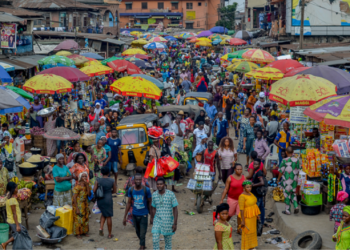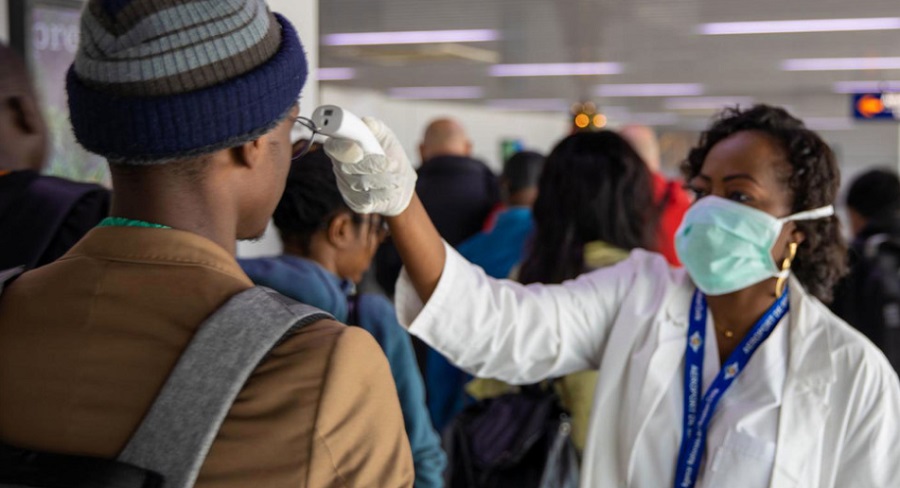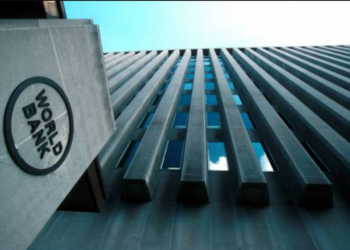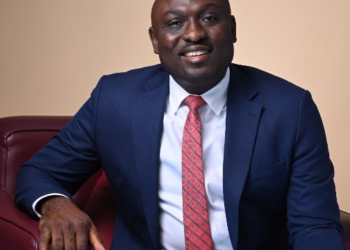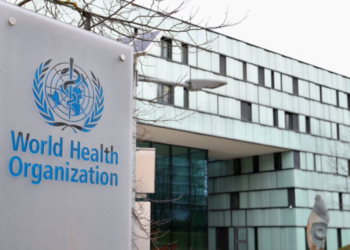UK scientists are worried that the Covid-19 vaccines being rolled out in Britain may not be able to protect against a new strain of the coronavirus that emerged in South Africa and has spread to other parts of the globe, according to Reuters.
The British Health Secretary, Matt Hancock, while citing a conversation he had with his South African counterpart, said he was very worried about the variant discovered in South Africa as he believes that it is more of a problem than the UK variant.
The new strain of the coronavirus in South Africa is driving a surge in Covid-19 cases in the country, and just like the strain in the UK, it appears to be more infectious than the previous mutations.
What the Scientists are saying
Simon Clarke, an associate professor in cellular microbiology at the University of Reading, said that while both variants had some new features in common, the one found in South Africa has a number of additional mutations, which are concerning.
Going further, he said, ‘’These included more extensive alterations to a key part of the virus known as the spike protein – which the virus uses to infect human cells – and may make the virus less susceptible to the immune response triggered by the vaccines.’’
Lawrence Young, a virologist and professor of molecular oncology at Warwick University, also noted that the South African variant has “multiple spike mutations”.
He said, “The accumulation of more spike mutations in the South African variant are more of a concern and could lead to some escape from immune protection.’’
However, the South African Health Minister, Zweli Mkhize, said last month that there is no evidence that the South African variant is more transmissible or causes more severe disease than the U.K. variant. He pointed out that 2 variants developed independently, and there’s evidence that the U.K. strain predates the South African one.
Scientists including BioNTech CEO Ugur Sahin and John Bell, Regius Professor of Medicine at the University of Oxford, said they are testing the vaccines against the new variants and could possibly make any required changes in around six weeks.
Public Health England said there was currently little or no evidence to suggest Covid-19 vaccines would not protect against the mutated virus variants.
The world’s richest countries have started vaccinating their populations to safeguard against a disease that has killed 1.8 million people and crushed the global economy.
What you should know
- It can be recalled that a new strain of the coronavirus disease which spreads faster was detected in the UK and South Africa, spreading to other countries.
- The UK government also announced new travel restrictions on passengers coming from South Africa with effect from December 24, to protect public health due to a reported outbreak of Covid-19, with a variant strain spreading in some provinces.
- The easing of restrictions in South Africa, several months ago, has seen a surge in coronavirus cases in the country, and a second wave is now coinciding with the summer holidays.
- Scientists say both the South African and UK variants are associated with a higher viral load, meaning a greater concentration of virus particles in patients’ bodies, possibly contributing to increased transmission.






